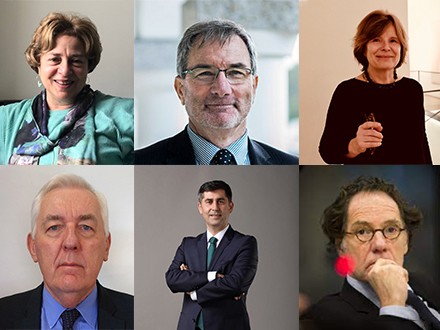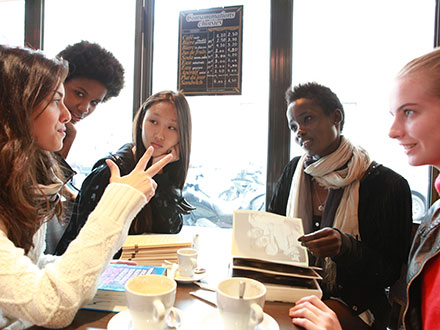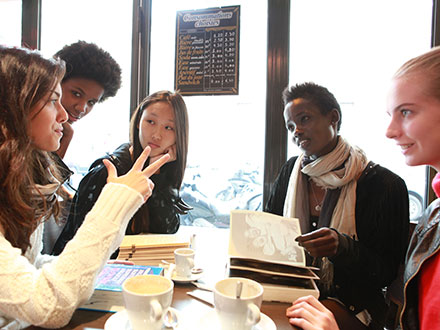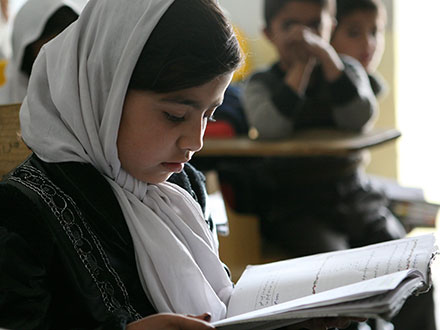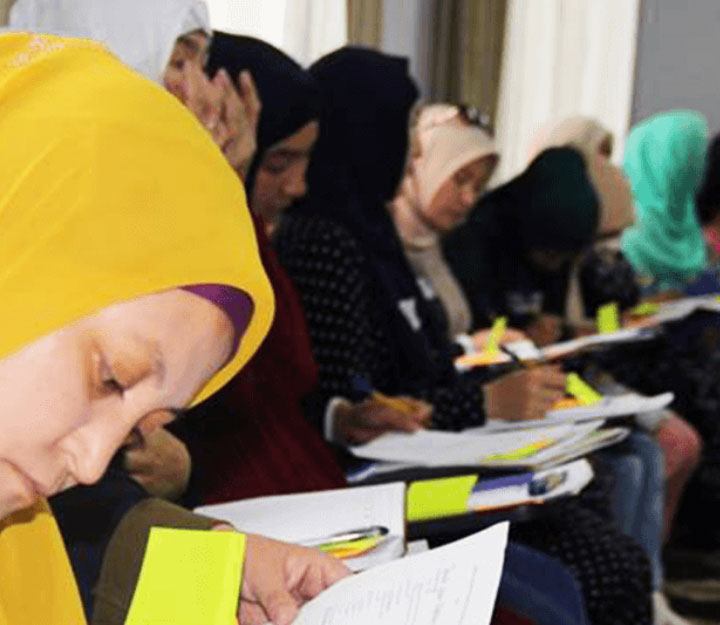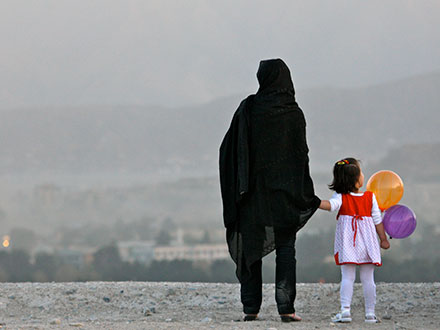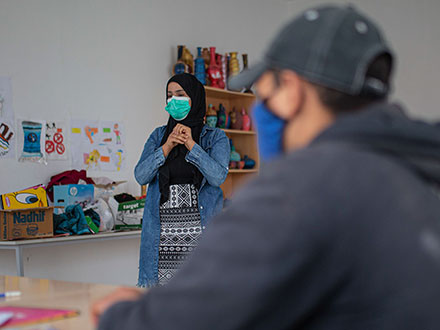Hedayah Held A Training for Social Workers and Psychologists, BRSAMPK Handayani
Translated, original article in Bahasa Indonesia
Hedayah provides facilitators who have experience and competence in the field of CVE globally.
Cristina Mattei as the program manager, Joseph Gyte as a senior program associate, and Aditya Gana, Abiye Iruayenama, Nabila Sabban, and Hakan Jarva packed all capacity-building materials with interesting techniques and methods. As experts in the field of CVE, they also did not hesitate to tell their experiences when dealing directly with people who are exposed to radicalism, terrorists, even people who are exposed to ISIS.
The facilitator also prepared practical material that prioritizes the technical side, which was complemented with the theory. The first day Hedayah prepared 5 diverse material sessions. The first session introduced the terms used in CVE, as well as deepening our understanding of these terms. Next in the second session, we were taught about CVE by considering the push and pull factors or factors supporting and attracting people at both the macro and individual levels, to be involved in violent extremist networks. In the third session, Hedayah invited social workers and psychologists to study the history of extremist groups in Indonesia, while in the fourth and fifth sessions, Hedayah prepared a material understanding of the family unit and the role of women. The Hedayah team clearly explained the concepts, interspersed with materials, case studies, and group discussions.
On the second day, Hedayah provided deeper material on the practice of CVE. Our sixth session taught us about the challenges that might occur when dealing with violent extremist families. We were also taught about how to overcome the trauma of the family after learning about family problems in relation to violent extremism. In the seventh and eighth sessions, Hedayah shared good strategies in CVE practice. In both sessions, it was explained in depth through case studies and discussions of experiences that had been carried out. While in the tenth and eleventh sessions, we were taught how to build trust and techniques and methods for interviews and needs assessments. We were taught to be able to do risk assessments and needs assessments of violent extremists. We were encouraged to be more sensitive and more aware of things that might provide input and information when making interventions.



